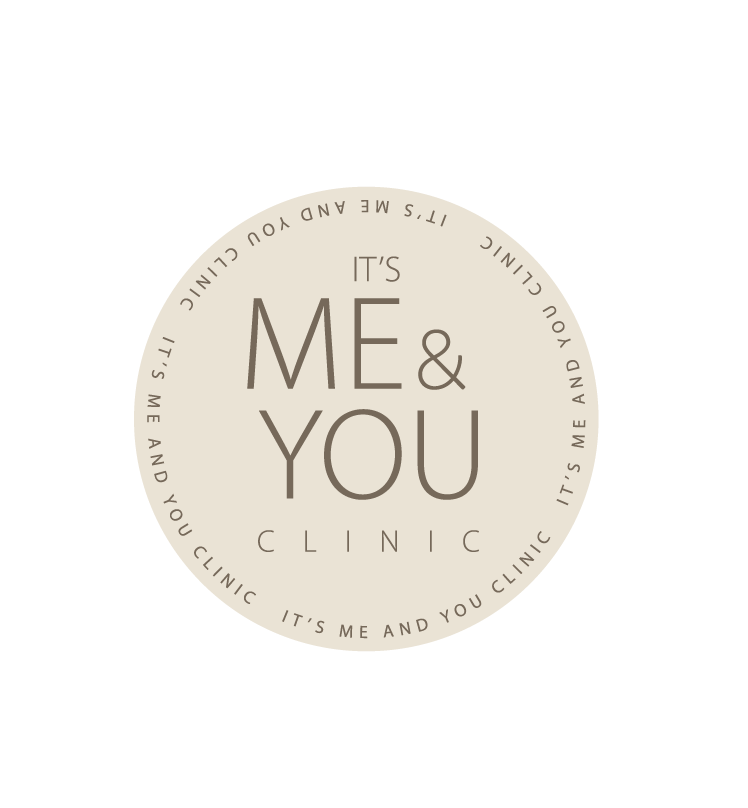Lip fillers can enhance your pout, but they may sometimes trigger the reactivation of the herpes simplex virus (HSV) and lead to cold sores. If you’ve experienced this post-filler concern, you’re not alone. In this comprehensive guide, we’ll explore why cold sores may occur after lip fillers, how to treat them effectively, prevention strategies, and when it’s crucial to seek medical attention for a swift recovery.
Understanding Cold Sores and Lip Fillers
Cold sores, also known as fever blisters, are caused by the herpes simplex virus (HSV). They typically appear as painful, fluid-filled blisters on or around the lips. Cold sores can be triggered by various factors, including stress, illness, sun exposure, and, in some cases, trauma to the lip area, such as lip filler injections.
Timing of Cold Sore Development
Understanding the timing of cold sore development following lip filler treatments is crucial for early recognition and management.
Immediate Post-Treatment Period
Immediately after lip filler injections, it’s common to experience some swelling, redness, and tenderness at the injection sites. However, cold sores do not typically appear during this immediate post-treatment phase.
First Few Days to a Week
The first few days to a week following lip filler treatments are still considered part of the early recovery period. During this time:
Swelling and Bruising
Swelling and bruising around the lips are typical. These symptoms are related to the filler injection itself and are not indicative of cold sore development.
One to Two Weeks After Treatment
Cold sores caused by the reactivation of the herpes simplex virus (HSV) may start to emerge within one to two weeks after lip filler injections. However, this timeline can vary depending on several factors:
Individual Sensitivity
Individuals with a history of recurrent cold sores may be more prone to outbreaks in the weeks following lip filler treatments.
Immune System
The state of your immune system can influence the timing of cold sore development. A weakened immune system may lead to earlier outbreaks.
Triggers and Factors
Several triggers and factors can influence the timing of cold sore development after lip fillers:
HSV Reactivation
The herpes simplex virus resides in nerve cells and can become reactivated due to various triggers, including stress, illness, sun exposure, or trauma to the lip area during filler injections.
Trauma During Injections
While rare, trauma or micro-injuries caused by the injection process itself can serve as a trigger for cold sore reactivation.
Stress and Anxiety
Stress and anxiety related to the procedure or concerns about the outcome can exacerbate the risk of cold sore development.
Monitoring and Early Recognition
It’s essential to monitor your lips closely during the weeks following lip filler treatments. Look for the following signs that may indicate the onset of a cold sore:
Tingling or Itching
Some individuals experience a tingling or itching sensation on or around the lips, which can be an early sign of a cold sore.
Redness and Swelling
Cold sores often begin as small red bumps that can quickly develop into fluid-filled blisters.
Taking Action
If you suspect a cold sore is developing after lip filler treatments, it’s crucial to take prompt action:
Consult Your Healthcare Provider
Contact your healthcare provider or dermatologist immediately for diagnosis and treatment. Early intervention can help minimize the duration and severity of cold sores.
Prescription Medication
Depending on the stage of the cold sore, your healthcare provider may prescribe antiviral medications or topical treatments to accelerate healing
Treatment Options for Cold Sores After Lip Fillers
If you develop a cold sore after lip filler treatment, consider the following steps for effective management:
Antiviral Medications
Consult your healthcare provider for prescription antiviral medications, such as acyclovir, valacyclovir, or famciclovir. These drugs can help shorten the duration of cold sores and reduce discomfort.
Topical Creams
Over-the-counter or prescription topical creams containing antiviral ingredients can be applied directly to the cold sore to promote healing.
Pain Relief
Over-the-counter pain relievers, such as ibuprofen or acetaminophen, can help alleviate pain and discomfort associated with cold sores.
Keep the Area Clean
Gently cleanse the affected area with mild soap and water to prevent infection and aid in the healing process.
Avoid Touching or Picking
Resist the urge to touch, pick, or pop the cold sore, as this can worsen the condition and lead to scarring.
Cold Compress
Apply a cold compress to the cold sore for short intervals to reduce swelling and soothe the area.
Prevention Strategies
Preventing cold sores after lip fillers is preferable. Consider these strategies:
Antiviral Medication Prophylaxis
Consult your healthcare provider about taking antiviral medication before and after lip filler treatments, especially if you have a history of cold sores.
Stress Management
Practice stress-reduction techniques, as stress can trigger cold sore outbreaks. Activities like yoga, meditation, and deep breathing exercises can be beneficial.
Sun Protection
Shield your lips from excessive sun exposure by using lip balm with sunscreen or wearing a wide-brimmed hat when outdoors.
Avoid Trauma
Be gentle with your lips after filler injections, avoiding excessive pressure, biting, or rough contact.
When to Seek Medical Attention
While most cold sores can be managed at home, it’s important to recognize when medical attention is necessary:
Frequent Outbreaks
If you experience frequent or severe cold sore outbreaks, consult a healthcare provider to discuss preventative measures.
Complications
Seek medical attention if the cold sore becomes infected, causes severe pain, or if you have a weakened immune system.
Eye Involvement
Cold sores near the eye can lead to serious complications. If you suspect eye involvement, contact a healthcare provider immediately.
Persistent Sores
If the cold sore does not improve or heal within two weeks, consult a healthcare provider to rule out other conditions.
Conclusion
While cold sores can be an unwanted side effect of lip filler treatments, they can be effectively managed and treated. By following the steps outlined in this guide and taking preventative measures, you can minimize the impact of cold sores on your lip enhancement journey. Always consult with a qualified healthcare provider for personalized guidance and treatment options tailored to your specific needs.
- Post-Lip Fillers: Your Guide to Smoking Safely - February 17, 2024
- From Injection to Impact: How Long Fillers Take to Work - February 14, 2024
- The Truth About Lip Fillers During Pregnancy: What You Need to Know - February 13, 2024

